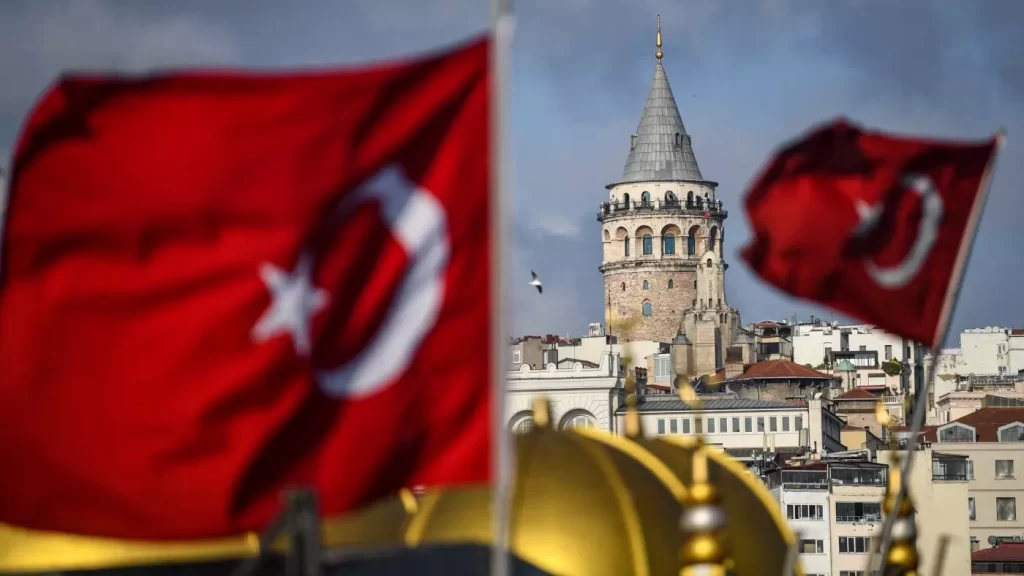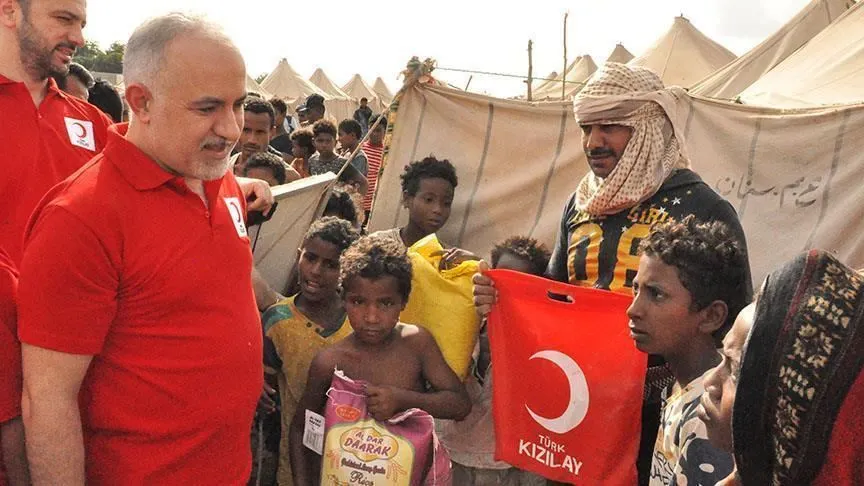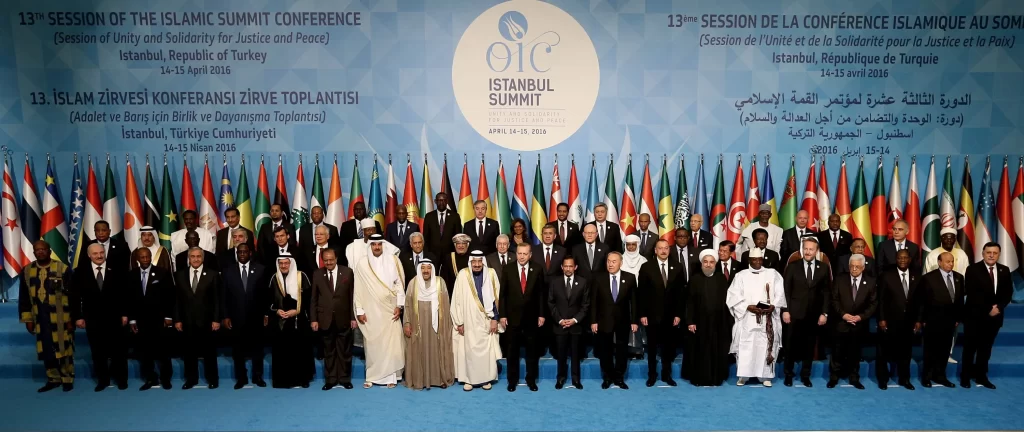Islam as a Path to Global Peace: Turkey’s Diplomatic Approach
Turkey’s Foreign Policy: A Reflection of Islamic Values
Turkey has long positioned itself as a bridge between the East and West, with its foreign policy shaped by a blend of cultural heritage, geopolitical imperatives, and Islamic values. Unlike many nations, Turkey leverages its Islamic identity not as a divisive force but as a unifying framework for peace and justice. This approach has enabled Turkey to mediate conflicts, foster dialogue, and champion justice on the global stage. But how does this unique strategy unfold in practice?

Islam in Turkey’s foreign policy is more than rhetoric—it’s an actionable framework that guides Turkey’s interactions with the world. By emphasizing peace and solidarity, Turkey’s diplomatic efforts stand as a testament to the universal values embedded within Islam.
Islamic Principles in Turkey’s Diplomatic Engagements
Advocacy for Justice and Human Rights
Central to Islamic teachings are principles of justice and human dignity. Turkey integrates these values into its foreign policy by advocating for the rights of oppressed communities worldwide. From championing the Palestinian cause to raising awareness about the plight of Rohingya Muslims, Turkey’s diplomatic efforts echo the Quranic command to “stand firm for justice” (Quran 4:135). This advocacy exemplifies the role of Islam in Turkey’s foreign policy as a force for global justice.
- Recomended Article: A New Global Order Theory: What if Russians convert into Islam?
Mediation in Conflict Zones
Islam emphasizes the resolution of disputes through dialogue and reconciliation. Turkey has played a key role in mediating conflicts, such as the Astana talks aimed at resolving the Syrian civil war. This peacemaking role aligns with the Islamic principle of promoting peace (sulh) as a cornerstone of societal harmony. The inclusion of Islamic values in Turkey’s foreign policy reinforces its efforts to create lasting solutions in conflict zones.
Turkey’s Global Peace Initiatives Through Islamic Solidarity
Leadership in the Organization of Islamic Cooperation (OIC)
Turkey has taken a leadership role in the OIC, using this platform to promote solidarity among Muslim-majority nations. By addressing shared challenges such as poverty, education, and healthcare, Turkey fosters unity that transcends political divides, guided by the Quranic principle of ummah—a global community bound by faith and shared values. These efforts illustrate the practical integration of Islam in Turkey’s foreign policy.

Humanitarian Aid as a Diplomatic Tool
Islamic values of generosity and charity (sadaqah) are reflected in Turkey’s robust humanitarian efforts. Through organizations like the Turkish Red Crescent and TIKA (Turkish Cooperation and Coordination Agency), Turkey provides aid to millions in war-torn regions, natural disaster zones, and underdeveloped countries. These actions demonstrate the practical application of Islam in addressing global challenges and strengthen the reputation of Islam in Turkey’s foreign policy.
- Editors Pick Article: The Abolition of the Caliphate: A Missed Opportunity for Global Stability
Islam as a Path to Lasting Peace: Turkey’s Vision
Turkey’s foreign policy underscores that Islam, when practiced in its essence, is a religion of peace, not conflict. By aligning its diplomatic strategies with Islamic principles, Turkey presents a model where faith inspires constructive dialogue and cooperation. This approach resonates globally, challenging the often negative stereotypes associated with Islam in Western discourse.

Turkey’s vision goes beyond resolving immediate conflicts—it aspires to build a global order rooted in equity, respect, and mutual understanding. Through initiatives like interfaith dialogue, cultural exchange programs, and active involvement in international organizations, Turkey demonstrates how Islamic values can serve as a blueprint for global peace.
A Path Worth Following
Turkey’s diplomatic approach, inspired by Islamic teachings, offers a refreshing perspective on international relations. By promoting peace, justice, and solidarity, Turkey not only strengthens its own position on the global stage but also presents Islam as a transformative force for good. In a world rife with conflict, this model stands as a beacon of hope, proving that faith and diplomacy can indeed work hand in hand for the betterment of humanity.
- Recomended Article: The Islamic Impact of Energy Policy and Global Markets on Russia
- Recomended Article: A New Global Order Theory: What if Russians convert into Islam?
- Editors Pick Article: The Abolition of the Caliphate: A Missed Opportunity for Global Stability
















